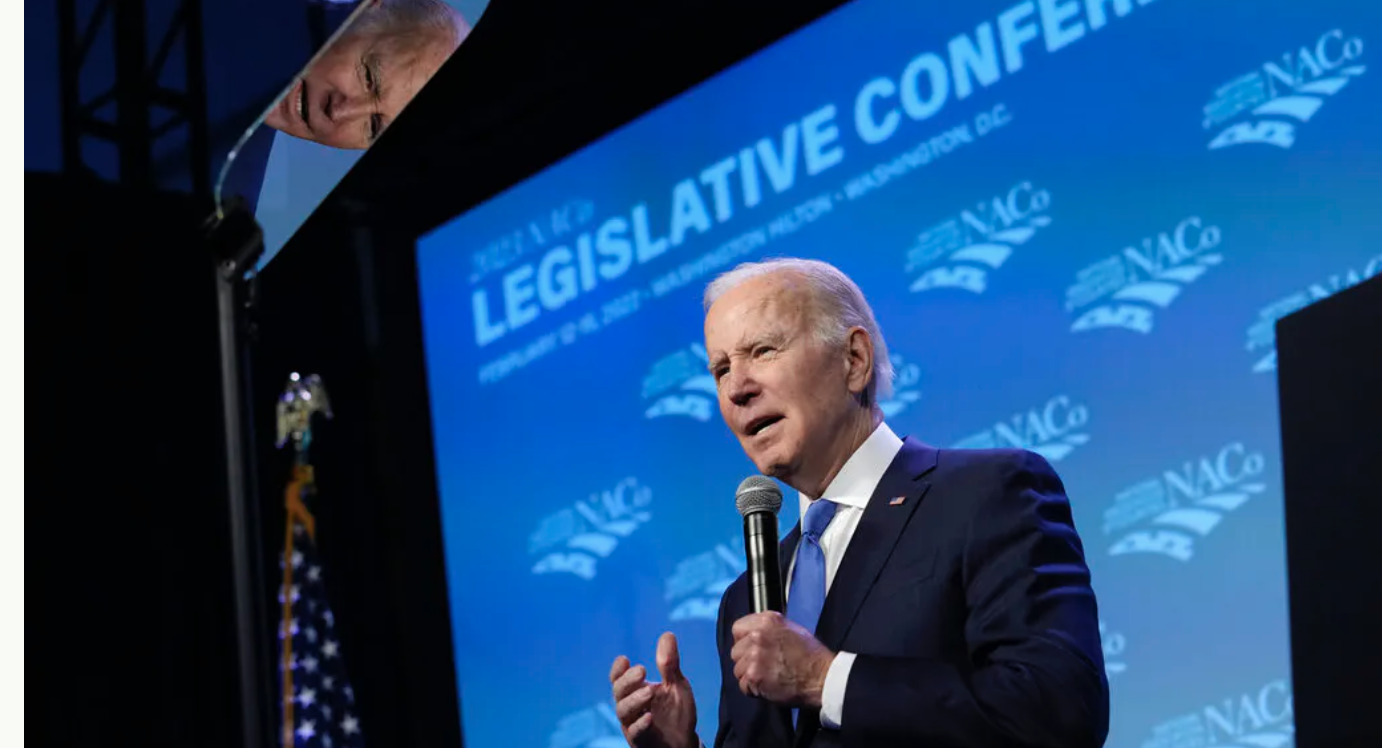Kerby Anderson
Veronique de Rugy begins her column with positive economic indicators (unemployment is low, wages are up, inflation is down), but then acknowledges that “the American people are grumpy about the state of the economy.”
I love it when this brilliant woman with a prestigious doctorate in economics refers to Americans as grumpy. She points to a new study from the National Bureau of Economic Research that concludes the government underestimates the true level of inflation.
One of the authors is Larry Summers, who served as Treasury Secretary under President Clinton. He notes in a recent tweet on X that before 1983, mortgage costs were used in calculating the Consumer Price Index. Car payments were used until 1998. Now the index does not include borrowing costs. When interest payments jumped significantly last year, the index did not capture the effects.
Here’s the shocker. Larry Summers goes on to argue that if we measured inflation the way we did in the 1970s, the inflation rate that started in 2021 would have peaked at 18 percent. That is double the official reported peak of 9 percent. Put another way, we have been living through an inflation rate higher than anything Americans experienced in the 1970s and 1980s.
No wonder Americans are grumpy about the economy. The government statistics are telling them one thing, but their personal experience is telling them something very different. A recent Gallup poll found that two-thirds (63%) said the economy is getting worse. Nearly half (45%) think the economy is already poor.
Government officials and the compliant media can cite all the economic figures they want, but it appears they have underestimated the impact of inflation on the American consumer.
 Listen Online
Listen Online Watch Online
Watch Online Find a Station in Your Area
Find a Station in Your Area










 Listen Now
Listen Now Watch Online
Watch Online
